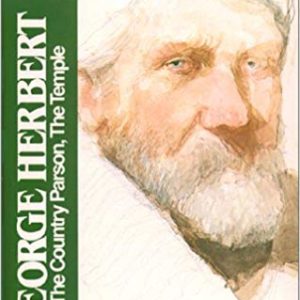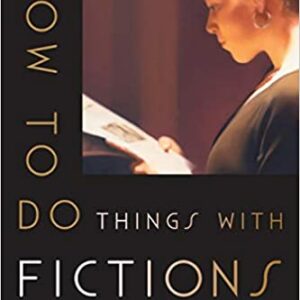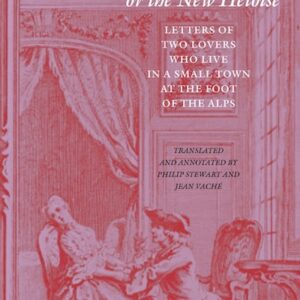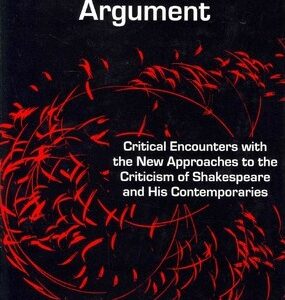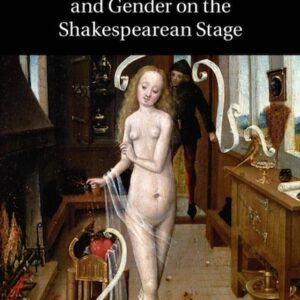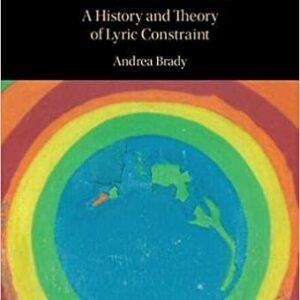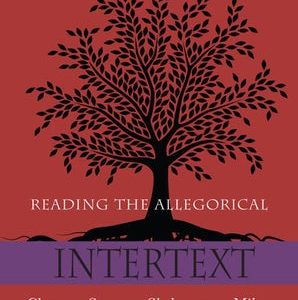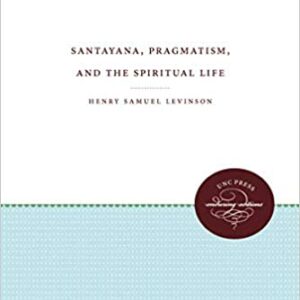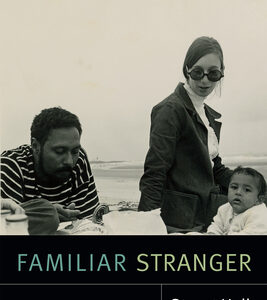
Familiar Stranger: A Life Between Two Islands
Edited by Bill Schwarz (NHC Fellow, 2015–16) and Stuart Hall "Sometimes I feel myself to have been the last colonial." This, in his own words, is the extraordinary story of the life and career of Stuart Hall—how his experiences shaped his intellectual, political, and theoretical work and how he became one of his age's brightest … Continued
